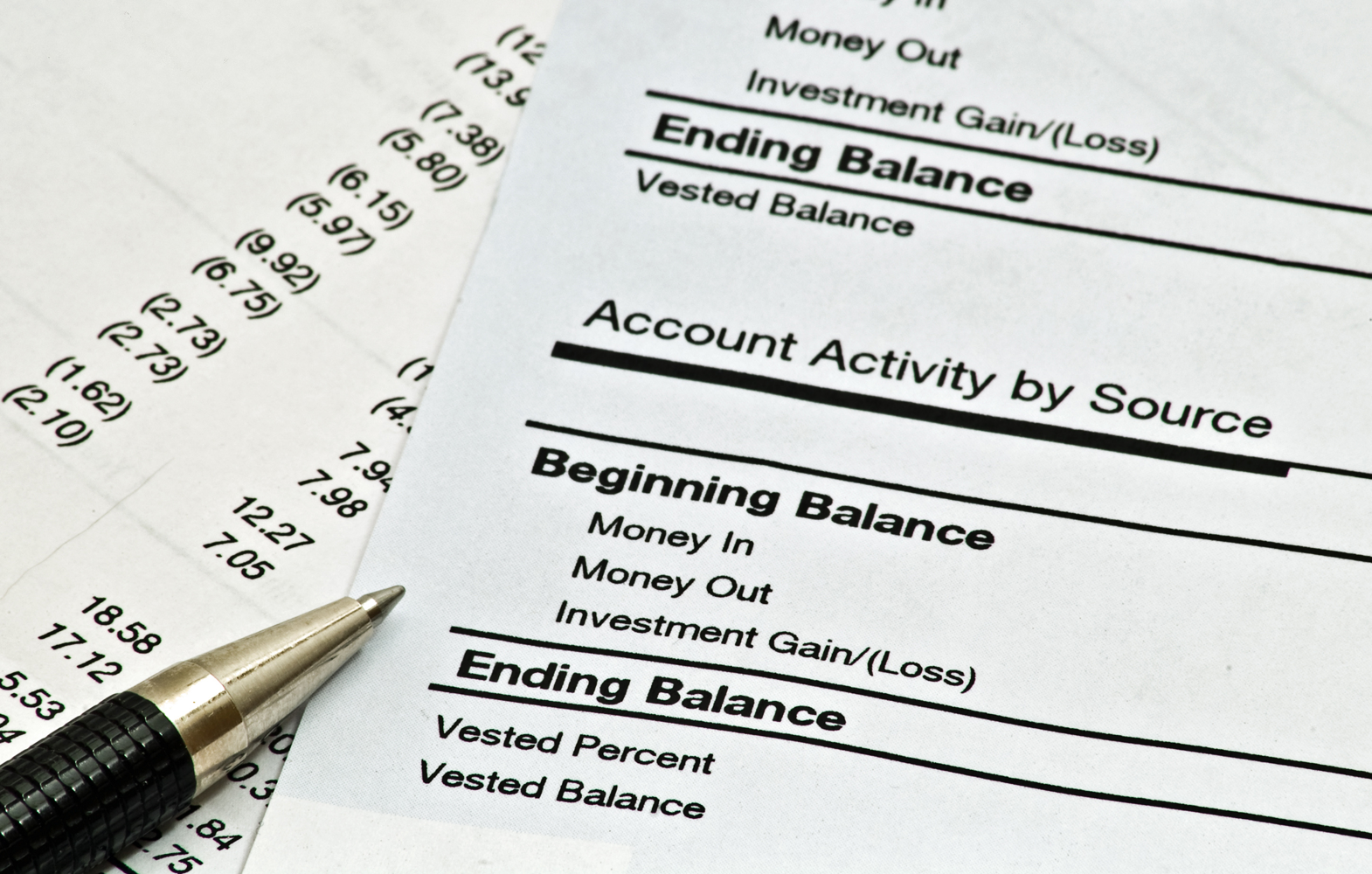Editor's Pick
How to get your bank statements mortgage-approval ready

If you are applying for a mortgage or re-mortgage, you want to ensure your application is approved. But what makes lenders say yes?
In April 2014, the Financial Conduct Authority’s Mortgage Market Review rules came into force, designed to ensure people only take out a mortgage they can afford, and to prevent irresponsible lending practices.
The rules mean your mortgage application could take longer to complete and may be more complicated. Getting your mortgage approved could also become more difficult.
According to Gary Festa, executive director at wealth management firm HFM Columbus, getting a mortgage approved now comes down to the contents of your bank statements. Lenders will ask for three months’ worth when you apply.
But what details will they look for?
The first thing lenders look for are overdrafts in your recent history (even if authorised, or within pre-agreed limits). There could well be questions about birthday, Christmas and holiday spending too – these are occasions when spending commonly increases, and credit cards can often enter the mix.
Festa says: “A lender will want to see clean and fully paid off credit cards, which are used to purchase a broad range of products and services, rather than simply meals out or holidays. This said, a card with a huge limit, or a 0 per cent card that you rarely use, could be viewed as unnecessary risk exposure by some lenders. On no account take out a payday loan.”
Discretionary spending is a key area of interest for lenders. This includes magazine or newspaper subscriptions, trips abroad, hobby memberships, pet insurance and gym membership.
“Sometimes, these can be listed as generic direct debits – so check your statements and ensure any non-specific outgoing is accompanied by an explanatory note,” Festa says.
“Interestingly, I know some lenders can treat a gym membership with caution – they assume it’s an item that people won’t cut in tough times. It may be worth noting in your application that it’s something you’re ready to part with if it comes to it.”
Regular payments to another account may be taken as an applicant maintaining a separate bank account. It is best to inform the lender of that account.
There are also some types of spending lenders view as discretionary that applicants may not; certain forms of insurance, for instance, or payments into a pension.
“You should put deposits into a pension scheme on hold for the three months prior to your application,” Festa suggests.
“Lots of lenders deduct it from their affordability criterion, even though it is a voluntary contribution.”
High spending in some regards – for instance, shopping and holidaying – can be mitigated by pledges to reduce spending in line with your new circumstances, if and when the application is approved.
“Let’s say you used to go for regular European city breaks prior to your application,” Festa says.
“With your new mortgage, you may be spending the odd weekend here and there in Cornwall, or Brighton. Perhaps you used to shop at Waitrose and M&S, but intend to shop at Lidl and Aldi when you move to your new home. Without a note explaining you intend to scale back, a lender will assume your previous outgoings in those regards are the norm, and it could cost you – so include an undertaking in your comments.
“A lender will also look for ‘vice’ spending. This ranges from alcohol and tobacco on a weeknight, to club visits at weekends. High ‘vice’ outgoings could be viewed as an indication that an applicant lacks monetary discipline. A common giveaway is a succession of cash withdrawals, staggered throughout the same night. This will be viewed as proof that an applicant can spend irresponsibly when under the presumed influence.”
Such spending will be viewed in a particularly dim light if an applicant has failed to make bill payments or entered overdraft territory during the same period.
If your statements reveal high pub spending during a single month – and this is attributable to a one-off event – include a note in your application explaining why this is. Contrast it with a lack of comparable spending in other months, and invite the lender to ‘average’ the spending out across the three month period.
Gambling and betting falls into this category, too – and such expenditure will be viewed poorly.
“Even if you ‘only’ spend £10 per month on betting, this sends out the worst possible signals,” says Festa.
“I’ve come across the odd person who’s thought that their gambling wins will be viewed positively by a lender – but even an entirely spotless win record will suggest a lack of self-control.”
It is also important to note that lenders employ “plausibility indicators”; barometers based on projections of average or typical spending nationwide, used to gauge the reasonableness of some spending. Many lenders use average spending habit stats published by the Office of National Statistics (ONS) as “plausibility indicators”; they will look for instances where spending in a particular field is lower or higher than average, and will want to know why this is.
“As a result, it makes sense to familiarise yourself with the ONS figures – and contrast these with your own spending. If your monthly spending on electricity is lower or higher than the national average, add a note explaining why.”